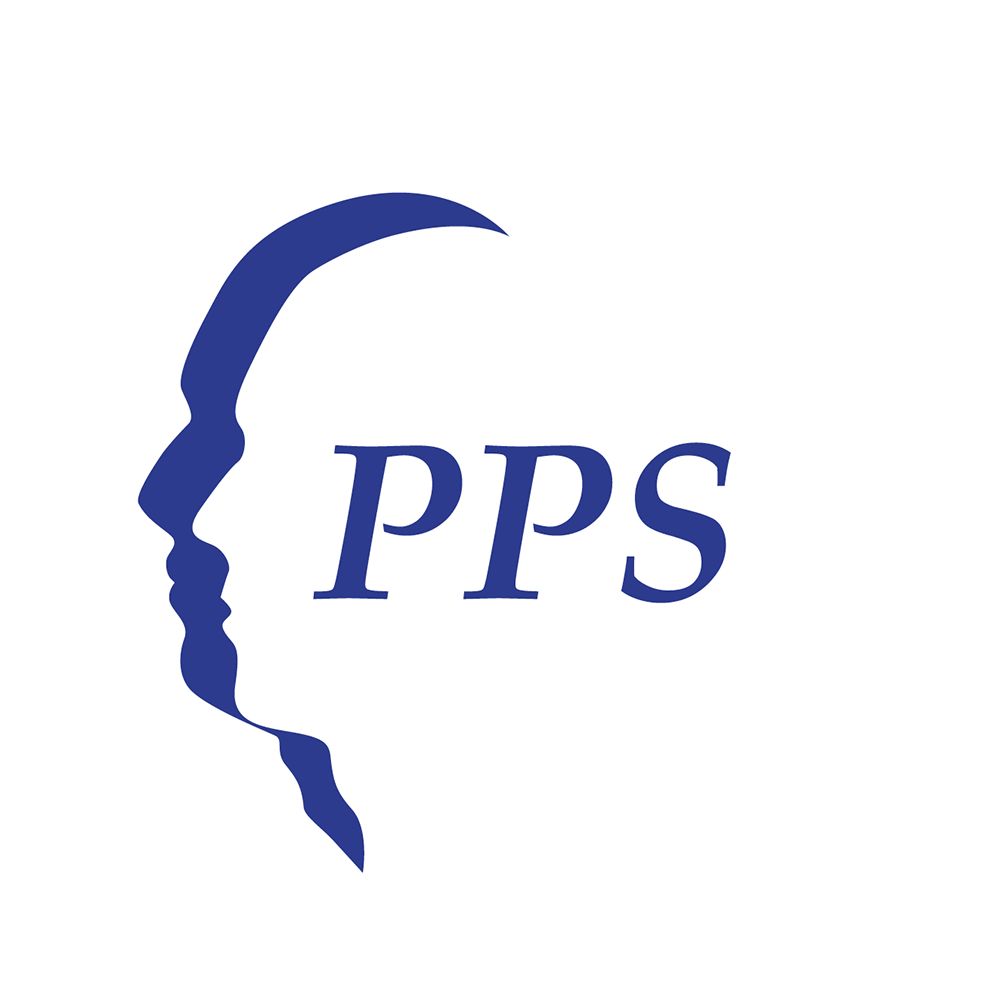Welcome to the
Professional
Practitioner Portal
“The Professional Practitioner” portal is an online resource dedicated to promoting high standards of professional practice by practitioners in the talking and listening therapy services.
The portal has been created by the Psychologists Protection Society Trust, a defence organisation, run for the benefit of members who are counsellors, psychologists and psychotherapists. The main purpose of The Psychologists Protection Society is to provide members with assistance when complaints are received from clients and other professional protection matters. The Trust however also has a further objective: to help members avoid problems where possible, by providing education and advice to members and to promote high standards of professional practice.
This portal contains a variety of content, including articles, events, CPD activities, documents from the PPS archives, etc which are available to all members. We will add new content from time to time so it is worth “bookmarking” this page.
It is hoped members will find the content thought-provoking and members will be encouraged to think more about areas of their professional practice where problems can arise and whether or not these problems can be avoided.
If you are not a member of The Psychologists Protection Society and would like to join us,
please visit www.ppstrust.org to find out more.
Events
Latest
Articles
It may surprise therapists to hear that irrespective of a client’s presenting issue, the therapeutic modality applied or therapy’s context within the Western world, around 10% of people attending therapy report experiencing their therapy as harmful.
My career as a practicing therapist covers fifty years. During this time, adapting to change has been the perennial feature, and still is. Technology and therapy have taken leaps and bounds since I recorded sessions on my audio cassette machine, and most correspondence was done by letter.
The Psychologists Protection Society Trust Board of Trustees is pleased to announce our 2023 AGM & CPD event will be held on Friday 21st April 2023. The event venue is the Ashling Hotel, 10 – 13 Parkgate St, Stoneybatter, Dublin 8, D08 P38N, Ireland.
PPS Members are invited to attend the AGM and CPD event in person or online. Non-PPS Members can also join in the CPD events online.
Was it something I said? (Using measures to monitor progress and process, and ensure the client is getting what they came for). Success in therapy can be elusive, and failure all too evident. When therapy isn’t working for clients, sometimes they’ll offer excuses to let us down gently. Sometimes, they’ll just not attend, and we’re left with an empty chair. Sometimes (mercifully rare) they’ll complain, either to us or to a professional body. In this context, measures may be one way we can help maximise the likelihood of a successful outcome and minimise the likelihood of a complaint.
Recent legal changes intended to clarify issues around informed consent have resolved some issues, yet also created new dilemmas.
Free online CPD Event – Was it something I said? with Barry McInnes
Was it something I said? (Using measures to monitor progress and process, and ensure the client is getting what they came for). Success in therapy can be elusive, and failure all too evident. When therapy isn’t working for clients, sometimes they’ll offer excuses to let us down gently. Sometimes, they’ll just not attend, and we’re left with an empty chair. Sometimes (mercifully rare) they’ll complain, either to us or to a professional body. In this context, measures may be one way we can help maximise the likelihood of a successful outcome and minimise the likelihood of a complaint.
Informed Consent: Recent Legal Changes, Complaints and Dilemmas – Phillip Cox
Recent legal changes intended to clarify issues around informed consent have resolved some issues, yet also created new dilemmas.
Online Psychotherapy – Safeguarding During The Covid-19 Pandemic – Declan Peelo
Confidentiality, an ethical imperative in psychotherapy, could be compromised in online working, in ways not normally associated with face to face therapy, i.e., potential risks from the client’s own remote environment; unauthorised access by third parties to the digital platform, deliberate or accidental, during an online session (DPC, 2020; IACP, 2019b; APA, 2013; Rousmaniere, Abbass, & Frederickson, 2014).
CPD Activities
This section contains a list of CPD Activities which are currently available for members to view. Some of these CPD activities are videos of CPD events which the Psychologists Protection Society Trust holds from time to time.









